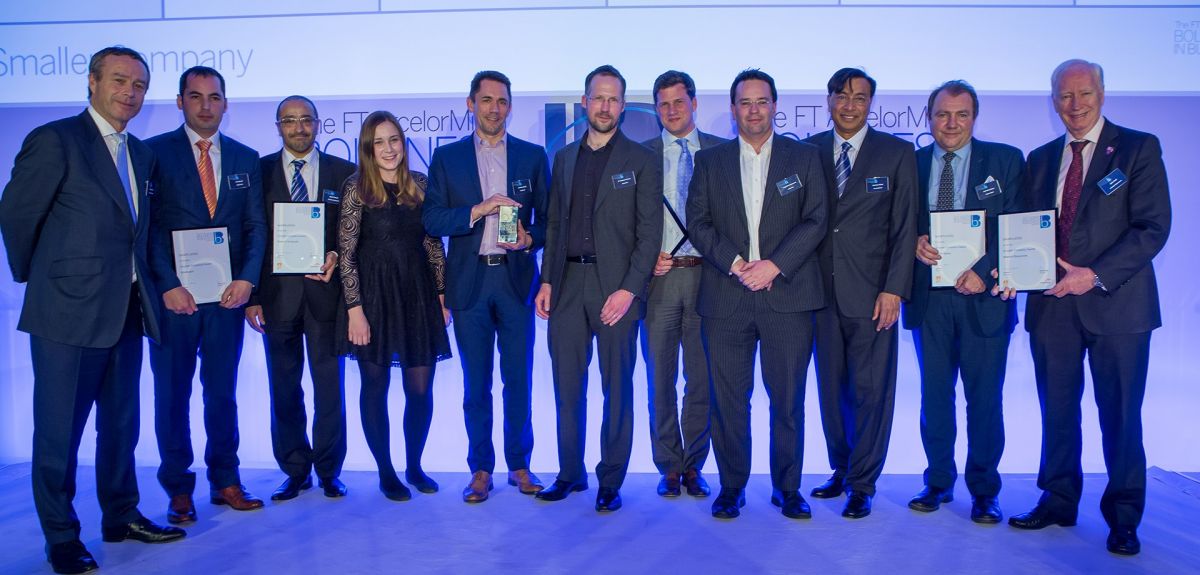
Leading innovation award for Oxford robotics spin-out
Spin-out prize reinforces Oxford’s growing position as an innovation powerhouse.
Oxford University spin-out Oxbotica has been crowned the winner in the smaller company category at this year’s Boldness in Business Awards.
Run in collaboration with the Financial Times, the platform celebrates the most inspiring stories of innovation in companies across the globe, from start-up companies to trailblazing individuals.
Oxbotica, was set up by Professor Paul Newman and Professor Ingmar Posner of Oxford’s Robotics Institute. Specialising in robotics development, the company is best known for its mobile autonomy research and work creating autonomous vehicles.
'We never called ourselves a driverless car group. We’re about fundamental research in mobile autonomy. That has applications in all places.'
Professor Ingmar Posner of the Oxford Robotics Institute and co-founder of Oxbotica
The company’s main product is Selenium, a robotic brain that can run a driverless car. The software learns to control a car by recording humans as they drive it. Once Selenium has learnt to react correctly to obstacles, it can then take over the task. It can be applied to, in Professor Newman’s words, 'all things that move', whether on distant planets or in local warehouses in autonomous forklift trucks. 'We never called ourselves a driverless car group,' adds Professor Posner. 'We’re about fundamental research in mobile autonomy. That has applications in all places.'
On receiving the award, Professor Newman said: 'It is fabulous to receive this honour from the FT. It recognises a bold business plan to transition Oxford’s expertise in computer vision, machine learning and robotics into the market place. We are proud of our heritage and excited about what is coming.'
Oxbotica proposes to license the software to leading car manufacturers. The team are in talks to supply makers of mining trucks and port operators, and plan to have fully self-driving cars on UK roads within 18 months. Because Oxbotica vehicles are connected to the same “brain”, or central learning system, they share experiences, benefiting from the observations and mistakes of others on the system. 'The vehicles learn,' says Posner. 'That is what differentiates our technology from almost all the other technology out there.'
*A second Oxford University spin-out, Oxford Nanopore Technologies was also nominated in the Boldness in Business Awards, in the Technology category. The company’s products include the world's first and only nanopore DNA sequencer, the MinION, which is now used in over fifty countries worldwide.
 Expert Comment: Four years of full-scale war and Ukrainian resistance continues
Expert Comment: Four years of full-scale war and Ukrainian resistance continues
 New research shows high temperatures affect sex ratios at birth
New research shows high temperatures affect sex ratios at birth
 COVID-19 vaccination during pregnancy offers new insight into preeclampsia prevention
COVID-19 vaccination during pregnancy offers new insight into preeclampsia prevention
 Expert Comment: Should the UK relax clean energy targets?
Expert Comment: Should the UK relax clean energy targets?